What was supposed to be the final round of negotiations for a Global Plastics Treaty (INC-5.2) concluded without the hoped-for landmark agreement to end plastic pollution. After 10 days of grinding negotiations, the session was adjourned early Friday morning and will resume at a later date still to be determined.
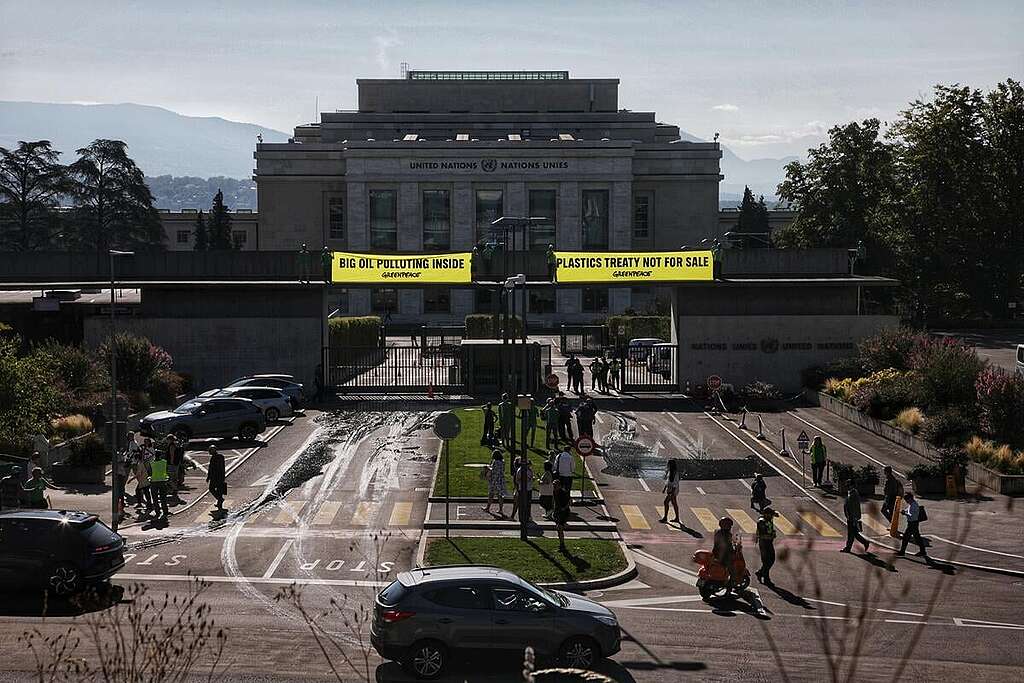
Move over, ambition is trying to come through
The draft texts proposed by the President did not reflect the ambition of the majority of countries, who want a treaty that regulates the entire lifecycle of plastic. In order to effectively address plastic pollution, we need to cut plastic production. Unfortunately, any progress towards this goal was held back by a handful of blocking petrostates negotiating in bad faith. In an effort to find consensus among all Parties, the proposed text eliminated the article on plastic production and did not address the toxic chemicals used in plastics.
But instead of consensus, the draft created contempt among all Parties present. On the one hand, the “High Ambition Coalition” — including Canada — tries to spit out an ambitious treaty that includes cuts to plastic production. On the other hand, the so-called “like-minded” countries — a small group of oil producing states — are stuck in a rut on scope and definitions, using classic obstructive tactics to derail negotiations and dilute commitments.
The process is flawed, but can be fixed
It is clear that the process needs fixing. If over 100 countries want an ambitious treaty that addresses the entire lifecycle of plastics, they should be able to get the job done. Instead, the talks were invaded by fossil fuel and petrochemical lobbyists, who had only one goal: block any attempt at advancing an ambitious treaty. How is it that the ones profiting from this crisis are allowed a front-row seat in solving it?
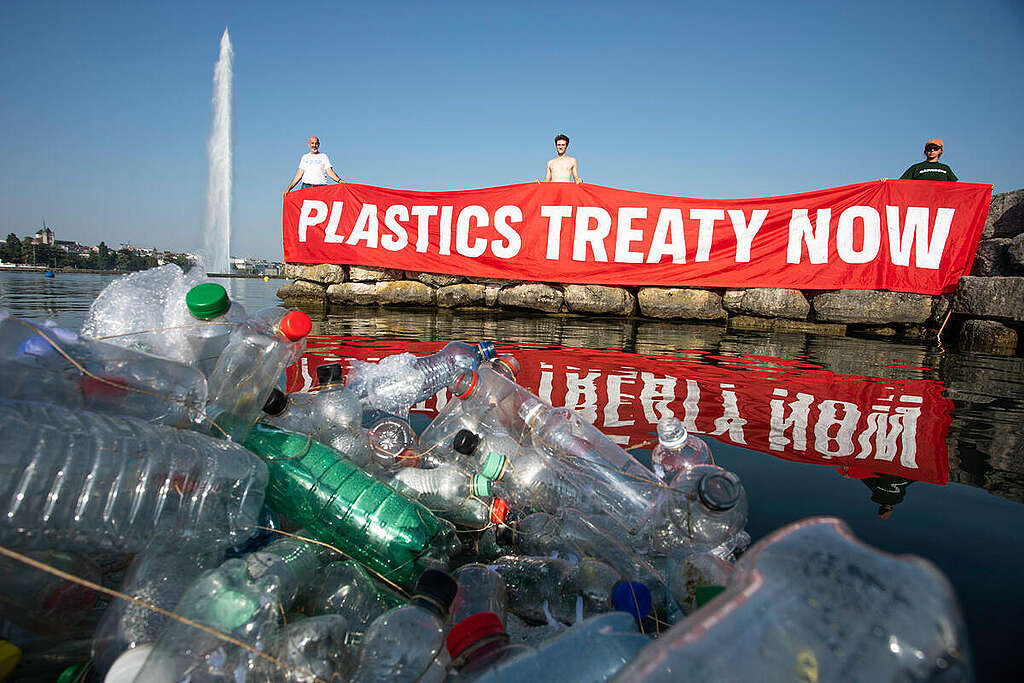
“Unacceptable for future generations”
During the talks, Canada bravely held the line and demonstrated a clear commitment to a strong treaty. The Canadian delegation in Geneva called the proposed draft of the treaty “unacceptable for future generations.” Furthermore, they criticized the lack of inclusion of Indigenous Peoples in the text. A couple of days before, Canada and Australia had put forward a proposal to strengthen the language on Indigenous Peoples, who are on the frontline of the plastics crisis. Canada must now continue to bring the leadership displayed during this round of talks to stay true to its commitment to land an ambitious treaty.
The time for courage and determination is now
The fight for a strong treaty goes on. The call from people, scientists and civil society is clear: we need a strong, legally binding treaty that cuts plastic production, ends harmful products and chemicals, upholds Indigenous Rights, secures fair financing, and accelerates a just transition to a reuse-based future.
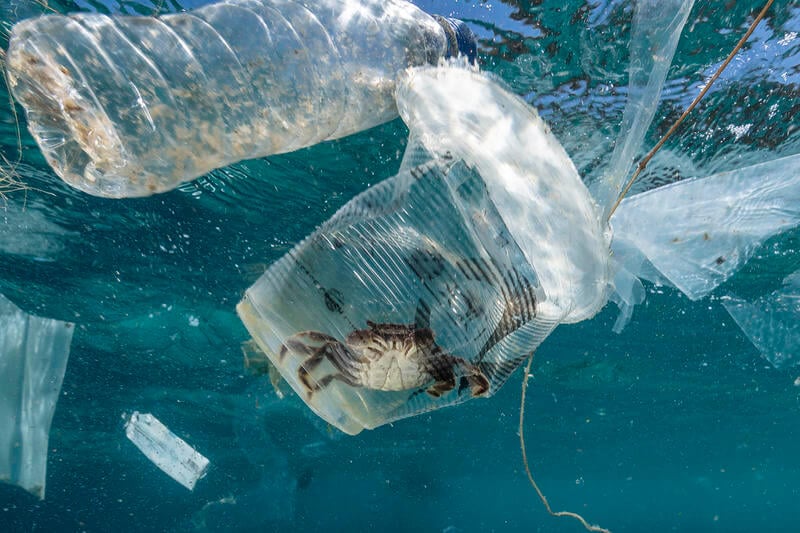
If world leaders get it right, a strong Global Plastics Treaty has the potential to end the age of plastic – for good. Join the campaign now!
Take action

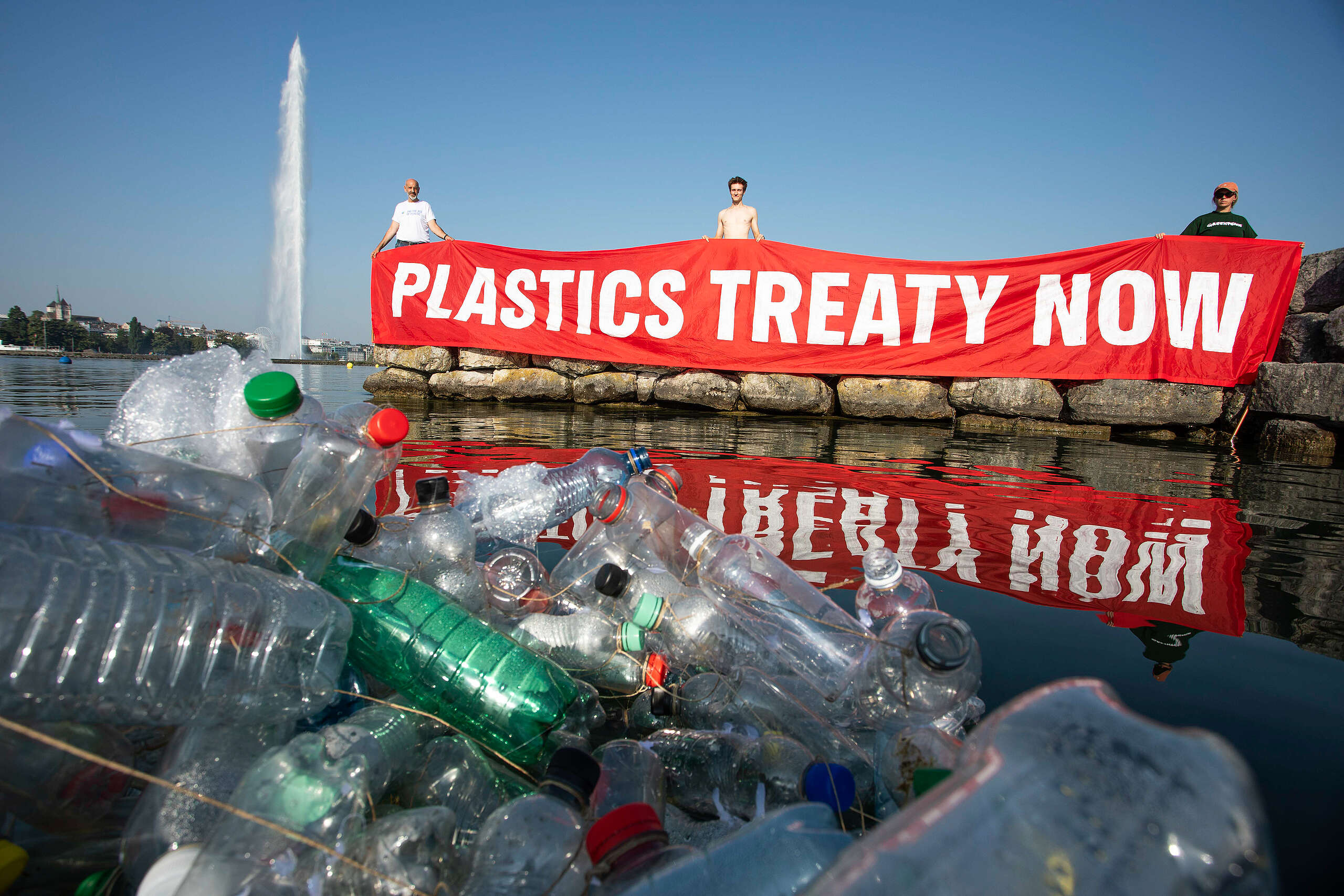
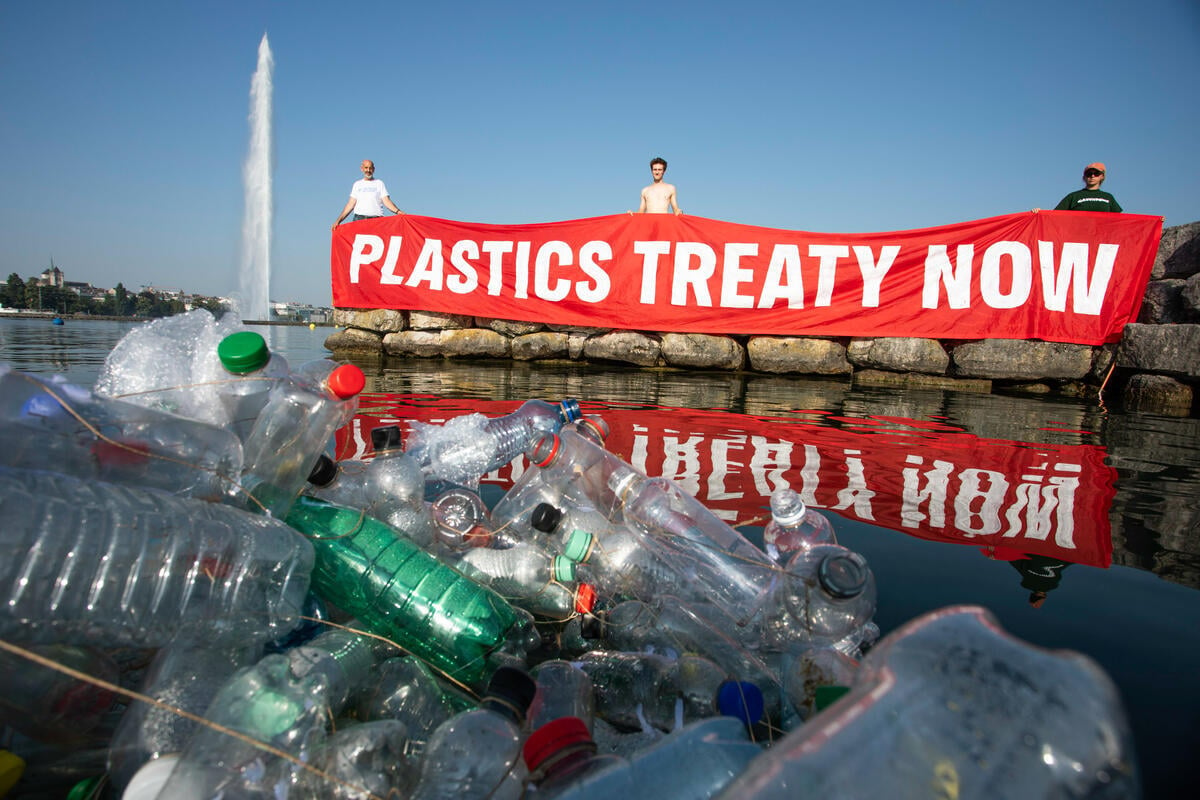
Discussion
Perhaps if the public boycotted items wrapped in plastic and choosing items in cardboard or glass would be a better approach?
décourageant de voir que la pollution plastique ne semble pas être une priorité mondial
No more plastics please